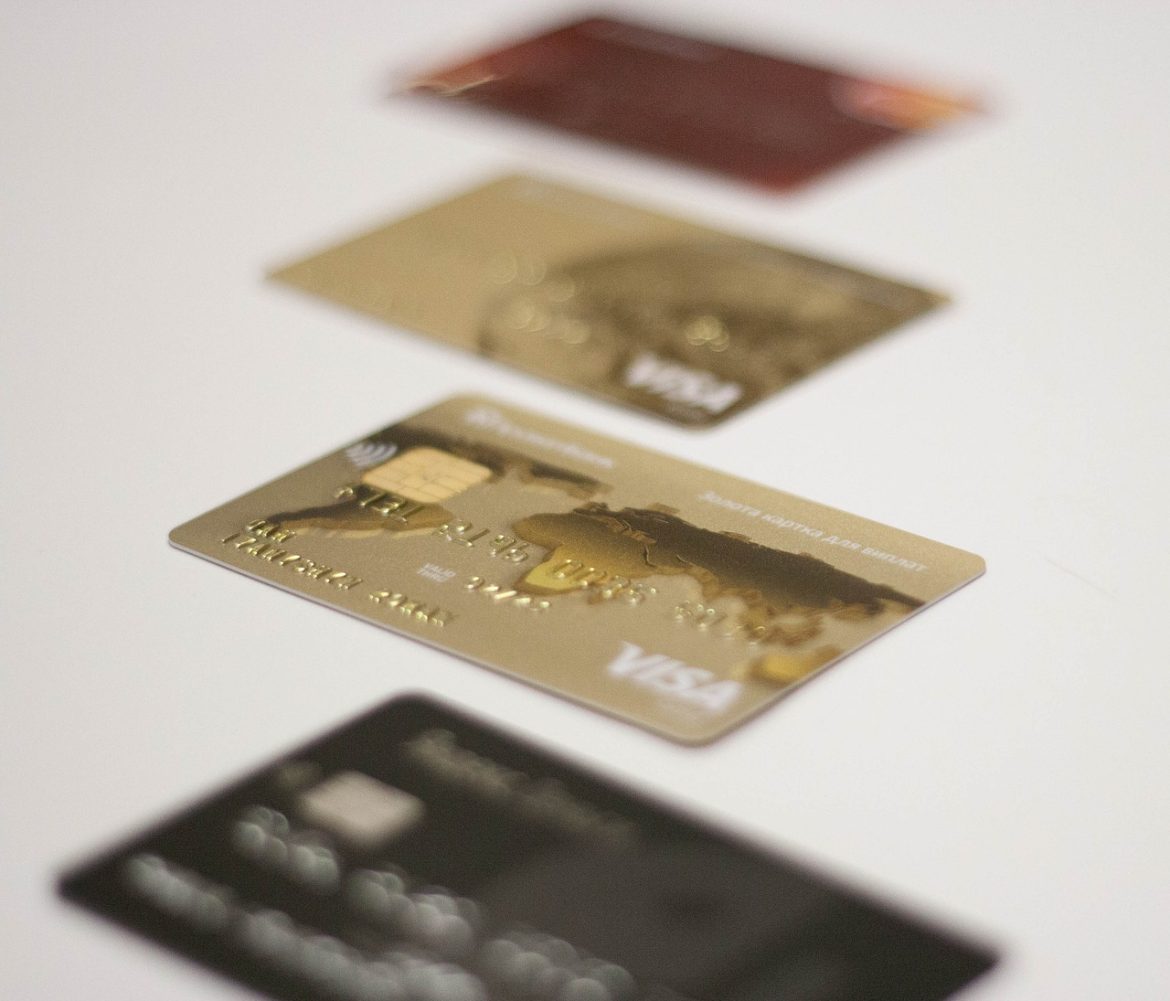Table of Contents
Managing your credit cards wisely can significantly improve your financial health. In this guide, we will explore essential strategies to help you master the art of credit card management and use them effectively to bolster your financial stability.
Understanding Your Credit Card Basics
Understanding the basics of credit cards is the first step in mastering their management. Credit cards allow you to borrow money from your bank to make purchases, which you repay with interest. Familiarize yourself with terms like APR (Annual Percentage Rate), credit limit, and minimum payment.
Choosing the Right Credit Card
Selecting the right credit card is crucial. Different cards offer varied benefits like rewards, cashback, travel points, or low-interest rates. Assess your spending habits and financial needs before applying. For frequent travelers, a card accumulating travel points might be beneficial. If you often carry a balance, a card with a low APR could save you money. Ensure you review the fees associated with the card, such as annual fees or foreign transaction fees, and understand the rewards structure. Making an informed choice can optimize the advantages and minimize the costs associated with your credit card.
Building and Maintaining a Good Credit Score
A good credit score is pivotal for financial health. Your credit score reflects your creditworthiness and influences your ability to obtain loans and favorable interest rates. To build and maintain a strong score, always pay your bills on time and keep your credit utilization low, ideally below 30%. Regularly review your credit report for errors and rectify discrepancies promptly. Another tip is to keep older accounts open, as the length of your credit history impacts your score. By diligently managing your credit behavior, you can achieve and sustain a higher credit score.
Mastering the Art of Payments
Timely payments are the cornerstone of good credit card management. Always strive to pay your balance in full every month to avoid interest charges. If that’s not feasible, at least make more than the minimum payment to reduce your debt faster. Setting up automatic payments or reminders can ensure you never miss a due date. If you experience financial difficulty, contact your card issuer to discuss options. They might offer payment plans or temporary relief. By diligently managing your payments, you can avoid late fees, penalties, and damage to your credit score.
Maximizing Rewards and Benefits
Many credit cards come with rewards programs that offer cashback, travel points, or other perks. To maximize these benefits, use your card for everyday purchases that you can pay off immediately. Take advantage of sign-up bonuses, but be mindful of spending requirements. Pay attention to rotating categories or special promotions that offer higher reward rates. Additionally, explore your card&8217;s other benefits, such as purchase protection, extended warranties, and travel insurance. By strategically using your credit card, you can enjoy various rewards and benefits without falling into debt.
Managing Credit Card Debt
Handling credit card debt requires a strategic approach. Start by prioritizing payments towards the highest interest debt. Consider using the debt avalanche method (paying off high-interest debt first) or the debt snowball method (paying off the smallest debt first). Personal loans with lower interest rates might be an option to consolidate high-interest cards. Balance transfers can also help, but be wary of transfer fees and higher rates after the introductory period. Creating a budget and cutting unnecessary expenses can free up funds to reduce your debt faster. Staying committed to your plan is key to becoming debt-free.
Avoiding Common Pitfalls
Credit cards offer convenience and rewards, but they can also lead to significant financial woes if mismanaged. Avoid common pitfalls like overspending, as it can quickly lead to mounting debt. Steer clear of making only minimum payments; this practice prolongs debt repayment and increases interest paid. Be mindful of offers for balance transfers or cash advances, as they often come with high fees and interest rates. Regularly monitor your statements for fraudulent activity and report discrepancies immediately. Awareness and proactive management can help you avoid these common credit card mistakes.
Creating a Sustainable Credit Card Strategy
Establishing a sustainable credit card strategy involves a blend of disciplined spending, timely payments, and ongoing monitoring. Start by creating a budget to manage your spending and ensure you don’t charge more than you can afford to pay off each month. Regularly review your credit card statements and track your expenses. Set financial goals and work towards them, using your credit card as a tool rather than a crutch. Keep abreast of your card’s features and updates. A thoughtful and disciplined approach will ensure your credit card enhances, rather than hinders, your financial well-being.

